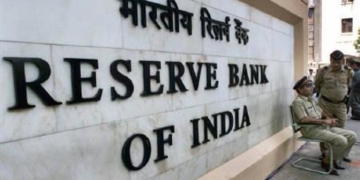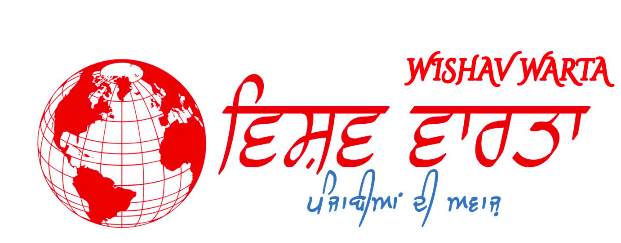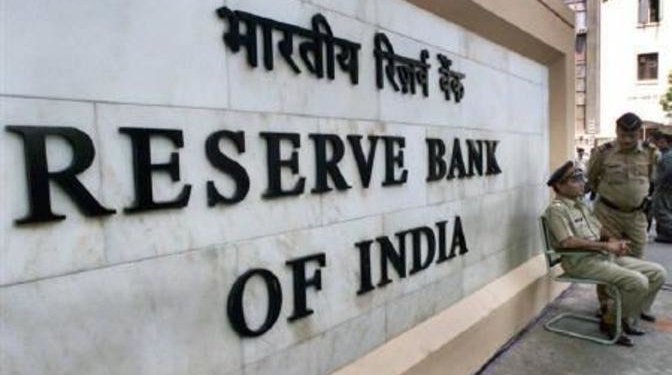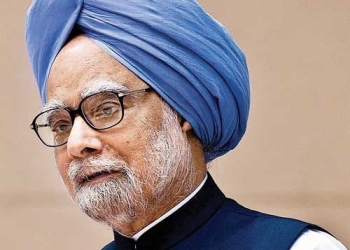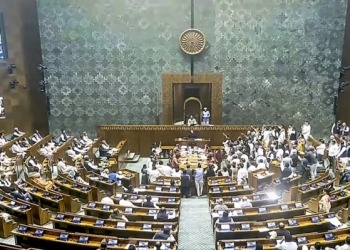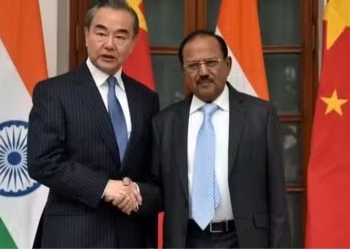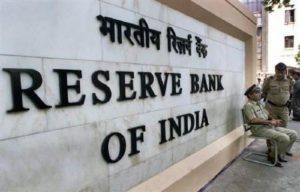 Mumbai, 23 August(Wishav Warta): Reserve Bank of India appears to be giving highest emphasis on how to avoid the possibility of an illegal trade of currency notes as it prepares to introduce Rs 200 denominated bank notes for the first time in history. For this, the Reserve Bank of India is preparing to bring 200 notes for the first time. It can be announced in the first week of September. According to experts, these steps are being taken to prevent black money. According to sources, 50 crore notes of 200 rupees will be brought to the market. According to a source, “A note between Rs 100 and Rs 500 is not yet available, so the RBI believes that the note of 200 rupees will be very useful and it will also be ensured as the availability of the notes.” Soumya Kanti Ghosh, Group Chief Economist, State Bank of India, said, ““a large number of new currency notes will thwart the operational difficulties which may be faced by a common man.” There were reports of illegal hoarding of the Rs 2000 bank notes and black marketing after it was introduced dramatically to
Mumbai, 23 August(Wishav Warta): Reserve Bank of India appears to be giving highest emphasis on how to avoid the possibility of an illegal trade of currency notes as it prepares to introduce Rs 200 denominated bank notes for the first time in history. For this, the Reserve Bank of India is preparing to bring 200 notes for the first time. It can be announced in the first week of September. According to experts, these steps are being taken to prevent black money. According to sources, 50 crore notes of 200 rupees will be brought to the market. According to a source, “A note between Rs 100 and Rs 500 is not yet available, so the RBI believes that the note of 200 rupees will be very useful and it will also be ensured as the availability of the notes.” Soumya Kanti Ghosh, Group Chief Economist, State Bank of India, said, ““a large number of new currency notes will thwart the operational difficulties which may be faced by a common man.” There were reports of illegal hoarding of the Rs 2000 bank notes and black marketing after it was introduced dramatically to
” Soumya Kanti Ghosh, Group Chief Economist, State Bank of India, said, ““a large number of new currency notes will thwart the operational difficulties which may be faced by a common man.” There were reports of illegal hoarding of the Rs 2000 bank notes and black marketing after it was introduced dramatically to remonetise the withdrawn currency from the system. The plan to introduce the Rs 200 currency notes is in tandem with the broader exercise to stop counterfeiting and curbing untaxed cash in Asia’s third-biggest economy“Introduction of Rs 200 notes will serve two purposes to facilitate cash usages from a transaction motive perspective, and will increase the share of smaller denomination notes in the overall currency circulation.” There were 1,717 crore notes of Rs 500 and 686 crores of 1,000 before the Centre announced demonetisation. According to an estimate by SBI economic research, the share of higher denomination notes (Rs 500 and Rs 2,000) has come down to about 70 per cent to the overall share from 86 per cent before the country’s currency swap programme
